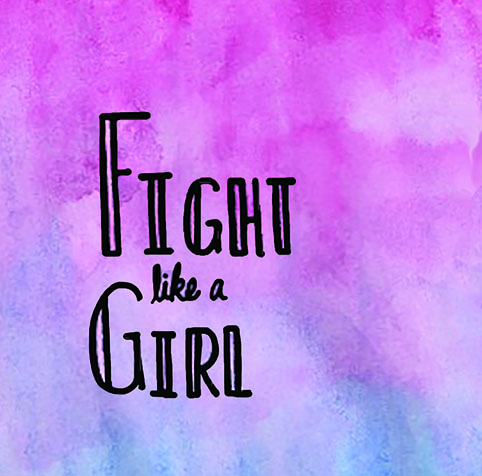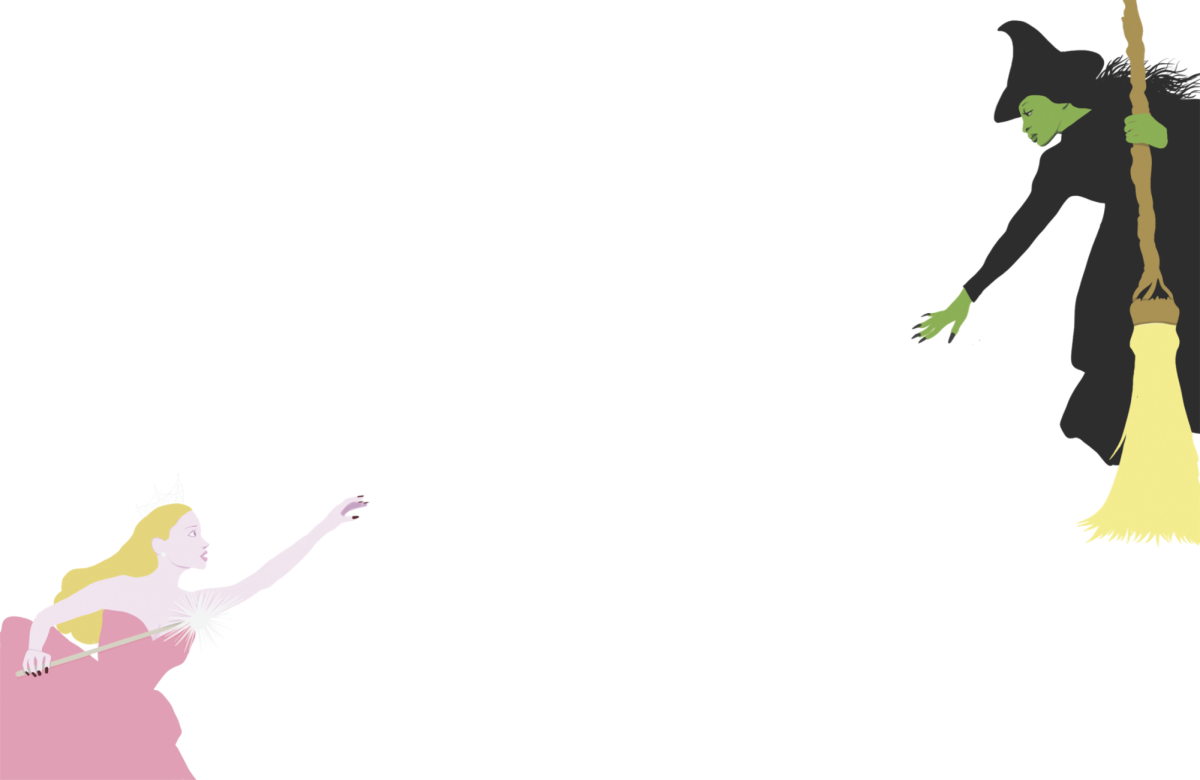Stance of the Staff: Sexism in Sports

And of course you have Billie Jean King, an accomplished tennis player who, in 1973, accepted a challenge from then 55-year old male Wimbledon champion Bobby Riggs. Saying that she thought “it would ruin the women’s tour and affect all women’s self esteem” if she didn’t win, King went on to win 6-4, 6-3, 6-3 in a match now known as the “Battle of the Sexes.”
In this match, she was able to illustrate that women weren’t (and aren’t) the nerve- lled weaklings that many skeptics depicted them to be.And this isn’t even a fraction of the women who have written history through their sports achievements.
But, despite all of these accomplish- ments and many more, we are still threat- ened, put down and considered idiots.
Look at Serena Williams, who was told that the only reason she has been able to excel to the extent that she has is because she is “built like a man.”
Or sports journalist Julie DiCaro, anchor for 670 The Score and a colum- nist for CBSchicago.com, who was told, after reporting on rape allegations against Blackhawks player Patrick Kane, that “one of the Blackhawks players should beat you to death with their hockey sticks.”
These women have clearly proven themselves — Williams through her numerous titles, and DiCaro through her existing commentary for established outlets — but they are still disrespected and shoved aside.
These, however, are specific examples. In both sport participation and coaching, we see much lower numbers of women than men.
According to Women in Sport, 1.5 million more men than women participate in sports each month, and only 18 percent of qualified coaches and 9 percent of senior coaches are women.
Furthermore, we have insults like “you ght like a girl,” or “you run like a girl,” or almost anything that ends in “like a girl,” telling our children that it’s not okay to be a ‘girl’ who plays sports, a mindset that is honestly very upsetting. Because we are girls, and we should be encouraged to play sports rather than be used as insults. But I can’t ignore the fact that women are biologically different than men, with different hormones, structures and proneness to injury.
The two main hormones at work are, for women, estrogen, and, for men, testosterone. Estrogen in women results in an increase of body fat, while testos- terone allows men to have larger skeletal muscles and hearts, as well as increases the manufacture of red blood cells, which absorb oxygen and give men a greater aerobic advantage, according to the New York Times.
Furthermore, while women tend to have more exible joints, allowing for a greater range of motion, they also tend to be less muscular and more prone to joint injuries.
Realistically, men’s sports are entirely different than women’s sports.
As Williams put it,“the men are a lot faster, they serve harder, they hit harder… a completely different game.”
The point is, women do not need to play with the men, we do not need to be put to the same standards as men, because, realistically, strength and achievement is all relative. A top female athlete is not going to be at the same level as a top male athlete.
What we do want is for people to agree that our accomplishments are because of our own hard work, not because we are built like men.
To be considered reliable sources when speaking about sports.To be encouraged to play sports rather than told that we are weak, and too much “like a girl.”
We want to be respected.
Your donation will support the student journalists of Laguna Blanca School. Your contribution will allow us to purchase equipment and cover our annual website hosting costs.





































